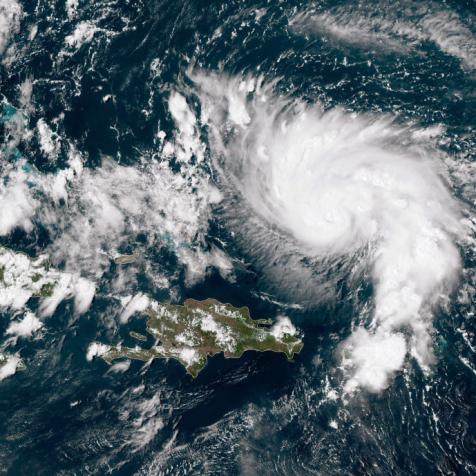
Shutterstock
Here's How Little Exercise It Takes to Boost Your Mental Health
Exercise benefits more than just your physique.
Exercise is good for your mental health. The flood of endorphins you get from physical activity has been shown to improve symptoms of anxiety and depression and even stop them from happening in the first place. But there's a difference between walking the dog for exercise and competing in Ironman triathlons for exercise. How much exercise do you really need for a brain boost? So far, studies into the matter have been small and hard to generalize from. But in August, researchers published the topic's largest study yet. What they found was surprising.

Lancet Psychiatry
Swim Bike Run (Hunt Shovel Sweep)
For a study published in The Lancet Psychiatry, researchers from Yale and Oxford used a data sample with a size that was positively jaw-dropping: 1.2 million Americans, all ages 18 or older. It represented three years' worth of data from the Centers for Disease Control and Prevention Behavioral Risk Factors Surveillance, which asked people questions about their mental health history, their current well-being, and their exercise habits. Importantly, what it counted as exercise was incredibly broad: People could choose from 75 different types, from traditional pastimes like basketball and yoga to more unusual activities like "active gaming devices," "hunting large game," and "snow shoveling by hand."
This wide swath of activities combined with the massive sample size to give the researchers an impressively specific set of results. The "punchline," as corresponding author Adam Chekroud said in a Twitter thread laying out the results, was that people who exercised had 40 percent better mental health than people who didn't exercise, even when they controlled for BMI, physical health, and sociodemographic factors like age and race.
It didn't really matter which activity people did, either — just exercising alone was enough. Some activities had a bigger impact than others, however. Team sports were the biggest mood boosters, followed by cycling, aerobics and running. Household chores were understandably near the bottom, but they were still associated with a roughly 10 percent reduction in "mental health burden," which they measured by the number of bad mental health days a given person had experienced in the past month.
Less Is More
When it came to how much exercise a person needed to see the biggest mental health benefits, it turned out that more wasn't better. Here's a graph of the relationship between amount of exercise and the number of bad mental health days someone had. The dashed lines indicate 3, 4, and 5 days a week, respectively. You can see that as exercise frequency increases, mental health burden decreases — up until a point, when mental health gets worse again. Something similar happens with exercise duration. According to the researchers, the sweet spot is right around 30–60 minutes three to five times a week (or 120–360 minutes per week, total). Any more or less, and the brain benefits wane.
But if you work out more than that, there's reason for hope. As Alex Hutchinson points out over at Outside Online, the data doesn't actually say that exercising more than five times a week is detrimental; only that three to five times a week is better overall than six to seven times. That might sound like a minor difference, but it's important. "If you take a more fine-grained approach, it appears that exercising six days a week (i.e. 24 days a month) is at least as good as any other option — which makes it a bit surprising to me that they've pegged five days as a magical upper limit," he writes.
Even still, it's clear that exercising seven times a week — i.e., every single day without breaks — is definitely linked to poor mental health. Hutchinson points out that this may be because people with mental health challenges use exercise to cope. "They may have more 'bad days' than average, but they're better off that they would be without exercise."
But for those who struggle to start a daily exercise regimen, this should be encouraging. CDC guidelines recommend at least 150 minutes a week of moderate-intensity exercise for "substantial health benefits," and these results line up with that recommendation. What's more, the study shows that you don't even need to buy a gym membership or lace up your running shoes; just a long walk every other day is enough to boost your mental health. So what are you waiting for? Get moving. Your brain will thank you.
This article first appeared on Curiosity.com.


















